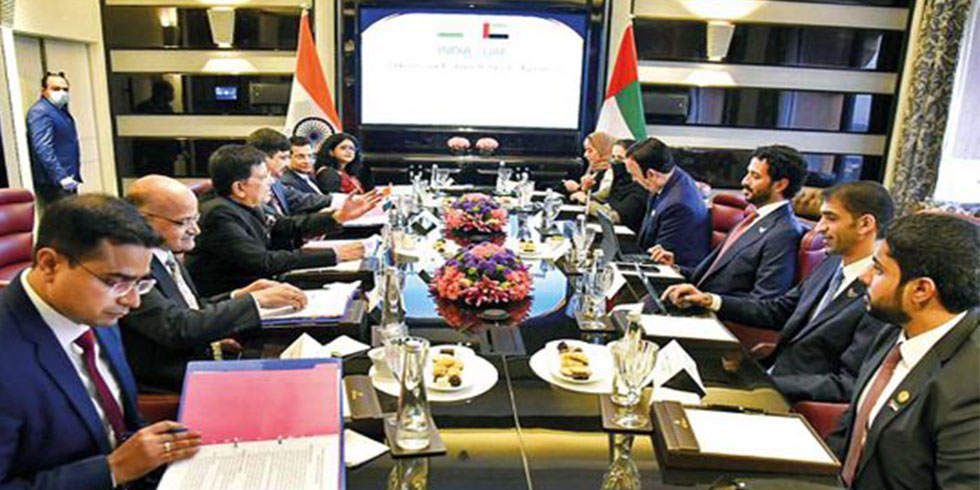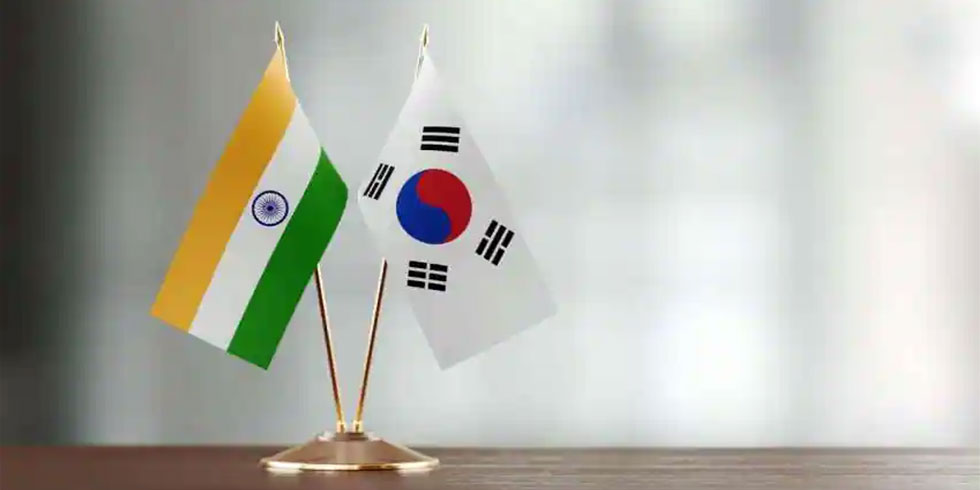MUMBAI: Africa has been attracting large Indian corporations for sometime for rich mineral resources. But now, a steady stream of Indian start-ups are pitching their flags in several countries of the vast continent, attracted by a market opportunity that resembles India in many ways.
About a year ago, Ramesh Emani, co-founder and CEO of Insta Health Solutions, expanded operations in Africa by tying up with vendors in Kenya. Prompted by the success, Emani recently signed up more vendors and channel partners in Nigeria and Ghana, started training people and developing joint business development activities. A couple of years back, Mobi-Quest, an enterprise mobility solutions firm, set up local presence in South Africa by tying up with retailers. Now the company is eyeing similar opportunities to service clients in Nairobi, Nigeria and Egypt. Arun Shenoy, co-founder of Green India Building Systems and Services (GIBBS), a Mumbai-based startup that enables buildings to reduce operational costs, is conducting feasibility study to take his energy efficiency products to Africa.
Emani, Shenoy, and Vineet Narang, CEO of MobiQuest belong to a growing pool of entrepreneurs from India, in sectors including value-added services on mobile phones, e-commerce, healthcare, information technology, telecommunication, gaming, media, transportation and education, who are being lured by Africa for its huge consumer base, high disposable income at the top level, and immense growth potential. Countries like South Africa, Kenya, Angola, Ghana, Cameroon, Tanzania are emerging as popular destinations for Indian start-ups, which might not have the financial muscle of the likes of Bharti Airtel BSE -0.05 %, Hindustan Unilever BSE 1.24 % or Procter & Gamble, but are keen tap the virgin markets.
"This is definitely a trend. Africa poses a great opportunity for the whole of India. There is lot of positive energy there. And it also looks familiar due to the presence of significant Indian population," says Emani of Insta Health Solutions. Adds Shenoy, whose two-year-old venture was incubated at ISB: "Our technology is environment friendly and Africa remains a good potential to expand. We are looking at an 8-12 month window. Some of the countries we will explore include Tanzania, Kenya, South Africa and Ghana." "We see a huge interest from Indian entrepreneurs in Africa, particularly West Africa that historically does not have ties with India," says Azeem Zainulbhai, founder of financial services and consulting firm Crescat International that invests in businesses across Africa with offices in Cameroon and Angola.
Valerie Rozycki Wagoner of Zipdial, founder of Bangalore-based start-up ZipDial that runs a mobile technology platform for marketing solutions and analytics based on missed calls, plans to look at the African market towards the latter half of this fiscal. "Africa is an important future market for ZipDial...we will start looking at Africa towards the end of this financial year," says Wagoner. "Africa will be one of the fastest growing markets in the next decade... As the markets across the continent are at varying stages of development, the earlier ZipDial expands to Africa, the more risks there are but these risks potentially could be rewarded by higher growth," she adds.
Investors too are interested in betting their money on ventures that are focusing on Africa, which was not the case till recent past, despite infrastructure bottlenecks and political issues. "We are being approached by startups, particularly in technology and healthcare, who want to expand into Africa. Two of our portfolio companies are already present in Africa-,"said Anil Joshi, president of Mumbai Angels.
The Indian School of Business (ISB) this year called entrepreneurs from Africa to take part in a joint workshop with entrepreneurs from India. The programme is supported by the Ministry of External Affairs in India and seeks to create a platform for young Indians and Africans to exchange ideas and explore future collaborations. "Africa has huge market size and can be a good testing ground for our technology. Through this programme experts at ISB shared their findings and how it could be adapted in Africa," says Krishna Tanuku, executive director of the Wadhwani Centre for Entrepreneurship Development at ISB.
The continent indeed is a hot topic of discussion among investor communities at conferences, which was not the case some years ago. "Several countries in Africa have a lot of disposable income with the top level and those consumers are underserved. They are forced to go to France and Italy to meet their product requirements. Those are the consumers being targeted by a section of entrepreneurs from India," says G Sabarinathan, chairperson of NS Raghavan Centre for Entrepreneurial Learning at IIM Bangalore.
Adds Michael Young, web developer from Cape Town, South Africa, who runs Poco - a mobile-based health care access system — and was one of the participants of the ISB programme: "There is a lot of opportunity in Africa. Africa has high growth potential in mobile market and strong growth in middle class. It will be easy for Indians to expand with similar business models."
Growth potential lures Indian start-ups to explore options in Africa















Add Comment